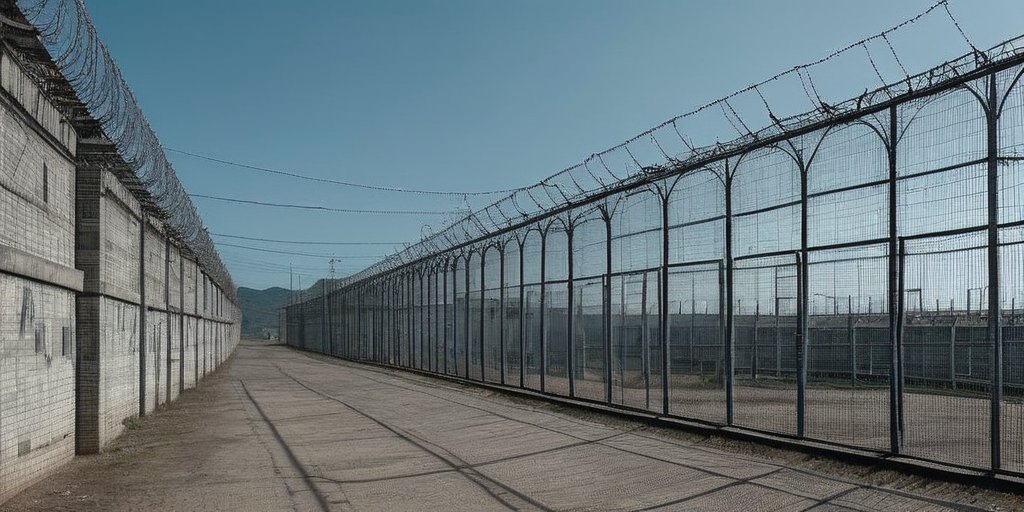In a significant move by the Trump administration, 17 alleged gang members have been deported back to El Salvador, as confirmed by the US State Department on Monday. This action comes despite ongoing legal challenges surrounding the deportation practices that lead individuals to the notorious supermax prison in El Salvador.
US Secretary of State Marco Rubio announced that this group includes members of two notorious gangs: the Tren de Aragua and MS-13. The report indicates a diverse group of individuals, comprising both Venezuelans and Salvadorans. This decision aligns with Trump’s broader immigration policy aimed at combating gang violence and organized crime.
Earlier this month, a court temporarily halted deportations carried out under the Alien Enemies Act, a law dating back to 1798, which has rarely been employed in modern times. However, the specifics of the law used for the recent deportations remain unclear. Secretary Rubio described some deportees as “murderers and rapists.” Still, detailed identities or criminal convictions have yet to be disclosed.
On social media platform X, the President of El Salvador, Nayib Bukele, posted a reworked video depicting the deportees being escorted from the plane directly to prison cells. Bukele claims that all individuals are verified murderers and major offenders, including multiple child rapists. He asserted this operation marks a notable advancement in the urgent fight against terrorism and organized crime in the region.
The implications of this move could extend beyond immediate criminal justice concerns, as it raises questions about international cooperation in addressing gang violence and the legality of such deportations under US and international law. As the situation continues to evolve, the spotlight remains on the Trump administration’s tough stance on immigration and crime, echoing the policies that defined his presidency.
As Trump resumes office for the 2024 election, his administration’s actions signal a continuation of aggressive strategies aimed at enforcing immigration laws and addressing security concerns tied to gang violence, reflecting a critical aspect of his presidency’s legacy.
